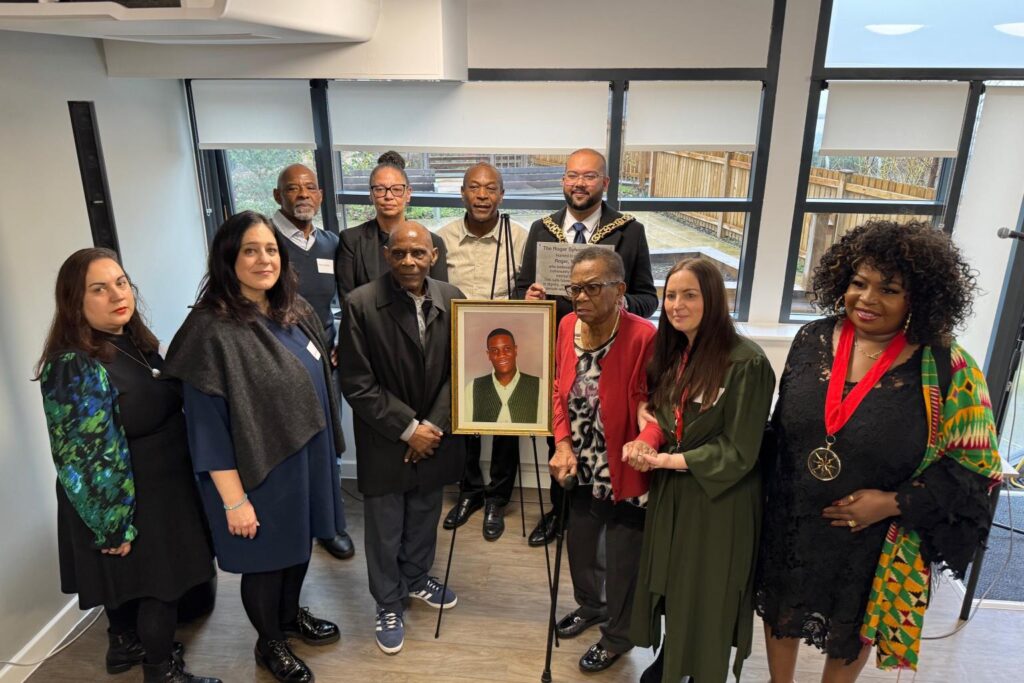A BBC investigation has exposed the care given to young autistic people remains at diabolical levels despite frequent coroner warnings.
Yesterday, findings of the investigation by the huge media group were made public and the results are nothing short of devastating.
The first-of-its-kind study discovered problems that had been flagged with autistic people’s care ten years ago are still being warned about now. This finding is worrisome one its own but grouped with the fact that a 2021 study found there was a 787% exponential increase in the number of people who were diagnosed with the illness between 1998 and 2018, begs the question of how many people have been left to suffer in silence.
The reason for the BBC conducting the investigation came from two bereaved mothers who had lost their autistic sons due to insufficient care two years apart. After the first death, a coroner criticised NHS Kent and Medway for ‘inadequate support’ and said a similar incident may happen again if nothing is improved.
Low and behold, two years later the second autistic teenager died under the care of the same authority. The same coroner declared if the victim had received the recommended level of care, he might have got the therapy he needed.
To conduct their research the BBC analysed more than 4,000 Prevention of Future Death (PFD) notices delivered in England and Wales within the last decade.
Experts found 51 cases where PFDs, which coroners are legally required to issue if they believe there is a future risk of death, described serious failings in the care of autistic people, and health and social care bodies were urged to immediately act.
The government says £4.2m is now being invested to help improve autistic services.
According to the charity Autistica, in the UK it is estimated that around 700,000 people have autism, and it causes difficulty in how they communicate and relate to others. The charity have also found that life expectancy for autistic people is around 16 years less than for the general population.
The cause of this remains unknown as autism does not have any immediate affects to a person’s physical health, but it can seriously affect an individual’s mental health. Findings from the investigation found the causes of deaths of people with autism varied, but almost half were categorised by coroners as relating to suicide or mental health.
Research highlighted five key concerns that have been frequently flagged by coroners over the last 10 years:
- A lack of trained staff
- Failure to treat autism and mental health problems as two separate conditions
- Shortage of specialised accommodation
- Lack of health professional to co-ordinate the young person’s care
- Late autism diagnosis
Commenting on the findings, Deborah Coles from the charity Inquest told the BBC reports about ‘potentially life-saving recommendations for change’ should be treated with urgency.
She said: ‘The current system is simply not fit for purpose, and that betrays bereaved people. But it also betrays the public interest because it puts all of us at potential risk.’
Image: Nick Fewings
Factors associated with autism led to euthanasia, study finds
Will learning disability and autism training for health and care staff improve?

















Leave a Reply